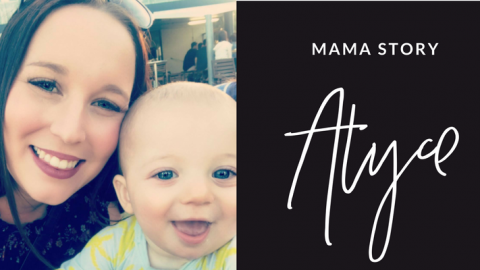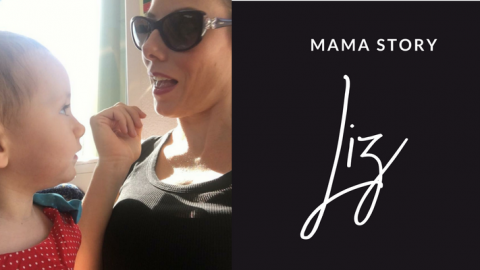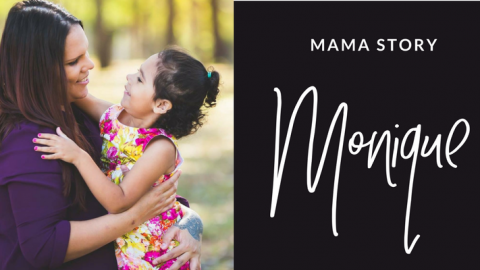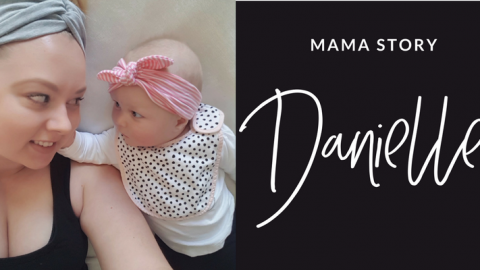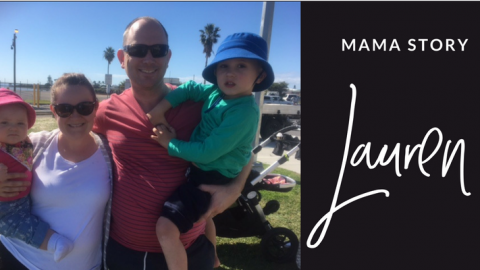Re-entering the workforce after maternity leave or years spent raising a family can cause many women to worry.
“Will my skills or knowledge be out of date?”
“Has technology or industry practices changed while I’ve been busy changing nappies?”
“Will potential employers think I’m less committed than the mum who stayed in the workforce, somehow simultaneously juggling work and parenthood?”
Returning to work and balancing the demands of work and family responsibilities is already daunting enough; don’t let gaps in your employment history make you doubt your employability.
As much as motherhood is a journey of nurturing and raising children, its lessons extend beyond nappy changes and sleepless nights. From fostering resilience and developing effective communication to honing leadership, here are ten reasons why motherhood enriches personal skills that support professional growth.
10 Reasons Why Being a Mum Grows your Professional Skills
Resilience building
Motherhood throws unexpected challenges, from dealing with sleep deprivation to managing tantrums (mid-aisle of the supermarket while racing the clock to school pickup!). Unsurprisingly, mums develop the ability to perform under pressure and bounce back from setbacks.
Time management skills
Have you ever heard the saying, “If you want something done, give it to a busy person.”? Mums are the epitome of BUSY. Juggling feeding schedules, playdates, household chores, and a long list of other conflicting priorities hone their time management skills, which can translate into increased efficiency at work.
Effective communication
Constant interaction with children sharpens communication skills. Mothers learn to convey complex ideas in simple terms, listen attentively, and negotiate with tiny and savvy negotiators – all vital skills for healthy personal relationships and within professional settings.
Problem solving aptitude
Motherhood presents daily problems, from soothing a crying baby to resolving conflicts between siblings. This constant problem-solving fosters a creative, adaptable and solution-focused mindset – all highly employable traits!
Adaptability
If you’re a mum who is thinking about re-entering the workforce after maternity leave, you’ll know that parenthood is a journey of constant and often unexpected changes. Mums learn to adapt to evolving circumstances (sometimes without choice!), embracing flexibility, resilience and an openness to new – and occasionally unpleasant – experiences. The silver lining? These are valuable soft skills in the workplace.
Mothers become adept at setting short and long-term goals, providing direction to others, and fostering independence. These are essential qualities of leaders who help organisations grow and thrive.

Mums learn to adapt to evolving circumstances, embracing flexibility, resilience and an openness to new experiences – all valuable soft skills in the workplace.
Empathy and emotional intelligence
Savvy employers know the value of emotionally intelligent employees and their skilled approach to developing interpersonal relationships and leading a team. Understanding a child’s needs and emotions cultivates mothers’ empathy and emotional intelligence. This means they are more likely to be able to foster a supportive, inclusive environment at home and at work.
Leadership development
Guiding and shaping the lives of children requires strong leadership skills (and sometimes, a shoulder to cry on!). Mothers become adept at setting short and long-term goals, providing direction to others, and fostering independence. These are essential qualities of leaders who help organisations grow and thrive.
Budgeting and financial planning
Enter a retail store with kids and you’ll quickly see that raising children calls for careful budgeting and financial planning. (And items on their wish list only seem to get more expensive as they get older! Mums learn to make prudent financial decisions, distinguish needs from wants, and prioritise spending. These skills can translate into sound financial management at home and work.
Modeling healthy behaviours and self care
Motherhood highlights the importance of self care. Knowing how to be an example in prioritising health and wellbeing translates to modelling healthy behaviours at work. At an individual level, this can mean improving your work-life balance, helping fuel productivity and fulfilment (at work and at home). At work, you can show others how to cope with stress, or how to look after yourself so that you can meet the demands of working under pressure.
Ongoing learning and growth
Every stage of parenting delivers new experiences and challenges. These experiences help mums embrace and value ongoing learning, personal development, and skills growth.



